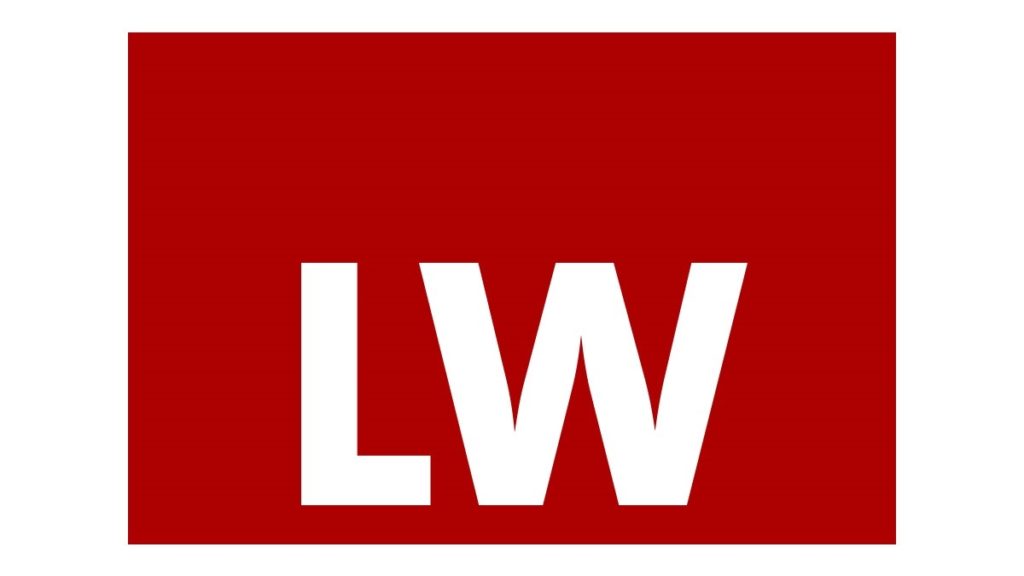PE firms now have scope to embrace growing medical and consumer interest in certain jurisdictions, while in others, such as the US, evolving legal restrictions continue to challenge investors.
The acquisition of Neuraxpharm — one of the first European pharmaceutical companies to include medical cannabis products in its portfolio — demonstrates increasing sponsor and investor appetite for companies pursuing authorised medical applications of otherwise restricted products, including cannabis.
In November 2020, the European Court of Justice took a significant step toward softening the EU position, ruling in favour of French retailer Kanavape that CBD was not a narcotic and could, subject to the applicable regulations, be marketed across Europe.
The ruling paves the way for the development, sale, and distribution of CBD products in Europe and enables many companies, especially those in the cosmetics and food and beverage sectors, to invest in CBD-based products.
US federal law considers certain forms of cannabis to be a controlled substance, with no currently accepted medical use and a high potential for abuse — making its distribution illegal even though some states have legalised medical or, in some cases, recreational uses.
For example, CBD is currently prohibited from being marketed in food and dietary supplements, even though products containing CBD are widely marketed and enforcement has been inconsistent.
While direct fund restrictions on cannabis-related investments are less common, investor concerns , with the effect that financial proceeds, even where legally generated, may be deemed criminal property.
This website uses cookies to improve user experience, track anonymous site usage, store authorization tokens and permit sharing on social media networks.
